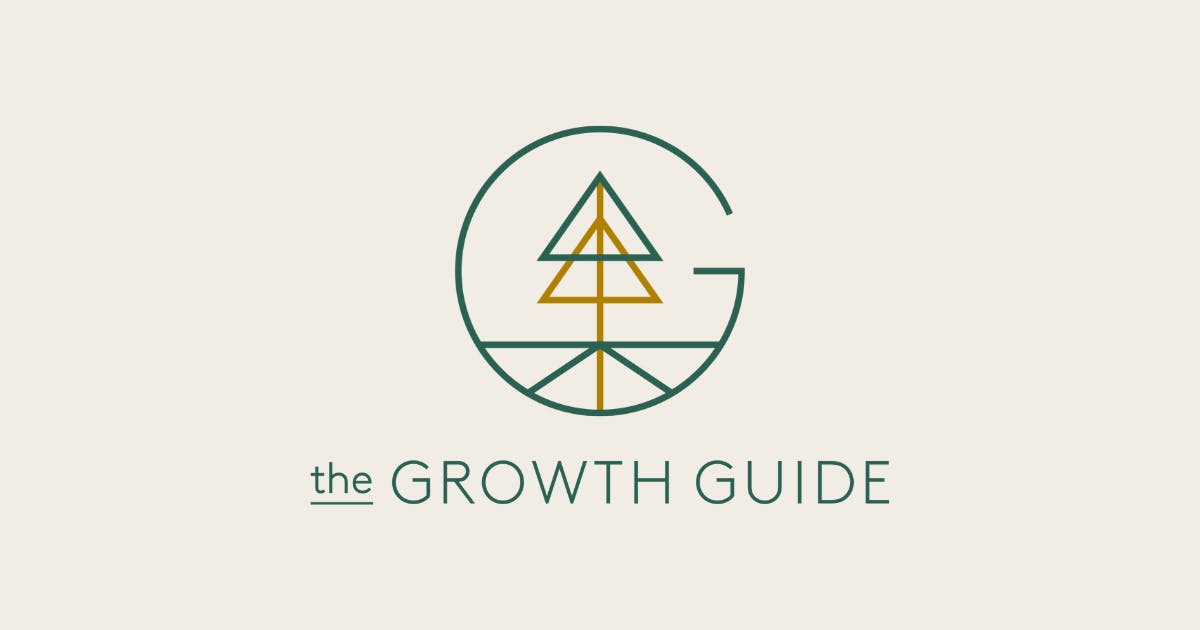Retirement
To retire or not to retire…
That is a question I ask myself.
It’s a question one of our audience members asked about last week, so I thought I’d write about it today and take you through my thought process.
I will never retire
I will work differently but never retire.
Let me take you through my thought process.
Purpose
When I see people who live a long time, and I want to live for a very long time, they often have a purpose and activities that keep them mentally and physically engaged.
People that come to mind for me are:
- Jim Pattison
- Allen Meckler
- Warren Buffet
- Charlie Munger
- Michael Audain
These are people worth hundreds of millions, or billions, of dollars and they’re still showing up in the office consistently.
They may work less hours
They may take more vacations
But, they’re still regularly in the office to provide mentorship, have relationships and a sense of purpose.
I see a lot of older people who retire who haven’t planned for it and there seems to be a clear lack of purpose and it’s often painful to watch:
- No hobbies
- No purpose
- Decrease in health
- Increase in television
You start to see people planted in front of a television and mental and physical health begins to degrade.
Human Connection
Purpose is one thing.
Human connection is another.
When you leave the workforce, you can lose connection.
For people who have a broad social network, this may not be an issue.
But, for people who work heavily and are very focused on their career, often the people in the workplace are their social connection.
When you retire, it’s gone.
Even with me leaving the workplace and starting my own businesses, I feel it.
I’m not connected.
I’m not seeing my peers or my team.
The energy that gave me is missing in life.
To make up for it, I’m changing my approach to life.
It means waking up earlier, working out, surrounding myself with people focused on fitness and then starting my work, alone.
I know one of the most important things for me is to find a shared office space with people to build that connection.
I couldn’t imagine 20+ years post-retirement without that energy.
Mortality and Health
Studies have shown that this lack of purpose and human connection increases mortality.
Think about that for a minute.
People retire from work and they die.
That’s not something I want in my life – simply, working longer causes better health – specifically longer life expectancy.
The Centre for Retirement Research notes men ages 62-65 who worked longer saw a two-month increase in life expectancy during their late 60s.
Harvard Health notes:
- Working past retirement age leads to a reduced risk of dementia and heart attack
- Working even one more year beyond retirement age was associated with a 9% to 11% lower risk of dying
- Compared with people who retired, people who worked past age 65 were about three times more likely to report being in good health and about half as likely to have serious health problems, such as cancer or heart disease
Working Differently
It doesn’t have to be this way.
There’s a way to get the benefits of it all.
To me, that’s working differently in my businesses.
When I reach 60 to 65, I know what an ideal day would look like, for me:
- Morning workout
- Spend a few hours in the family office
- Have lunch with young people – mentorship
- Afternoon walk with friends, family or business partners
- Take the afternoon to spend time with my wife and friends
- Evenings for reading, writing, creating content and to bed early
I want to design my life to have human connection.
To be able to challenge myself mentally and physically while adding value to young people in the workplace and industry.
Spending time in the family office focused on ways to invest and grow the wealth of me and my partners is a way to continue to add value to the partnership.
It’s 15 to 20 years away, so there’s no rush, but I like to have a vision board for where I’m going.
Something to look on the horizon and say that’s the destination and then I march in that direction until I hit it.
What about you?
What’s your retirement plan?
How do you see your life playing out?
TGG Podcast
This week on the Growth Guide Podcast, I spoke to Jade Wu about their book, Hello Sleep: The Science and Art of Overcoming Insomnia Without Medications.
Data shows 30% of adults are sleep deprived.
Poor sleep affects your mind, body and spirit.
Jade discusses intricate nature of our relationship with sleep and emphasizes the importance of nurturing a healthy connection with sleep, likening it to a personal relationship that requires compassion and understanding.
Join as we discuss how to overcome insomnia, including:
- Screen time
- Sleep vs rest
- Sleep diversity
- Circadian rhythm disregulation
Last Word 👋
I love hearing from readers and I’m always looking for your feedback.
How I’m doing with the Growth Guide. Is there anything you want to see more of or less? Which aspects of the Newsletter or Podcast do you like the most?
Hit reply, say hello, and let me know what you think of the Janitor Test.
I’d love to chat with you!
All my best,
Clint

